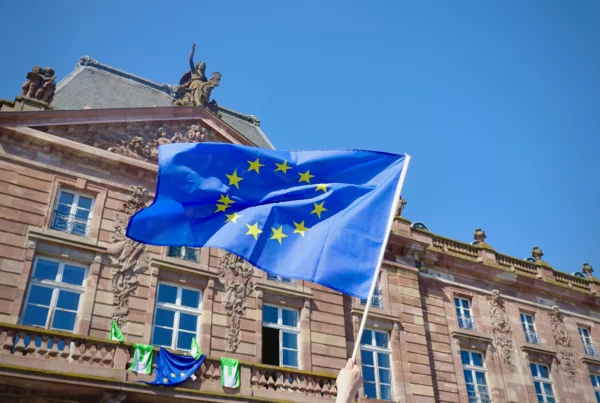How the European Charter of Local Self-Government reshaped democracy in Europe
The 20th century witnessed the rise of local and regional democracy as one of the most important democratic innovations. At its heart lies the European Charter of Local Self-Government, the first binding international treaty to guarantee the rights of communities and their elected authorities. Adopted in 1985 under the Council of Europe, the Charter firmly established local democracy as the cornerstone of governance closest to citizens, ensuring that power is not only shared but decentralised in practice.
The Charter was drafted within the Council of Europe after years of advocacy by the Standing Conference of Local and Regional Authorities of Europe, the predecessor of today’s Congress of Local and Regional Authorities. Opened for signature in 1985 and in force since 1988, it has been ratified by the overwhelming majority of Council of Europe member states.
The Charter requires that the principle of local self-government be enshrined in domestic law or constitutions. It sets out clear democratic safeguards, including the right of citizens to manage public affairs through elected councils, the protection of local authority boundaries, and the free exercise of local elected representatives’ functions.
A landmark principle of subsidiarity runs through the text: decisions should be taken at the level closest to the citizen. This decentralisation of power must be matched with adequate financial resources, ensuring local governments are able to act effectively. Safeguards against undue interference, guarantees of financial autonomy, and the right of local authorities to associate nationally and internationally further reinforce their role.
The Charter is flexible, allowing governments to choose which provisions they accept, but also firm, requiring adherence to a core set of fundamental principles of local democracy. Monitoring by the Congress of Local and Regional Authorities ensures compliance and encourages states to respect and expand local autonomy.
The European Charter of Local Self-Government remains the benchmark treaty for local democracy, affirming that democracy begins at the local level. It guarantees that communities have the autonomy, powers, and resources to manage their affairs, while protecting citizens’ rights to participate directly or through elected representatives.
More than three decades after its adoption, the Charter has not only safeguarded local self-government but has become a foundation of European democracy. It continues to inspire reforms, guide constitutional principles, and strengthen the voice of local and regional authorities across the continent. In doing so, it secures what is perhaps democracy’s most vital truth: that governance is most effective when it is closest to the people.
For more information, contact:

Senior Advisor – Governance & Institutional Relations






